Many European countries are opening up, diversifying occupations and ages, so Vietnamese labor export is changing direction in the context of traditional markets losing their appeal.
Intending to work abroad in his final year of college, Bui Phan Hoai Vu, 24, decided to choose Germany after researching many markets. According to Vu, countries that have long attracted Vietnamese workers such as Japan and Korea are no longer attractive or the procedures are too difficult. "I chose to go to Germany, the initial cost of 150 million VND is equivalent to other countries," Vu said.
Apart from the nursing profession implemented by the Overseas Labor Department (Ministry of Labor, War Invalids and Social Affairs), there is currently no company licensed to send workers to Germany. Therefore, Vu chose to study culinary arts, practicing 70% of the time at a restaurant, and studying at school for the rest, but without paying any fees.
The total time spent studying and practicing during the week should not exceed 40 hours. The salary for working at the restaurant is 1,000 euros per month. After paying taxes and social insurance, Vu receives 800 euros. After deducting food and accommodation costs of 500 euros, this young man still manages to save some money. Every month, he sends back to Vietnam 3-5 million VND.
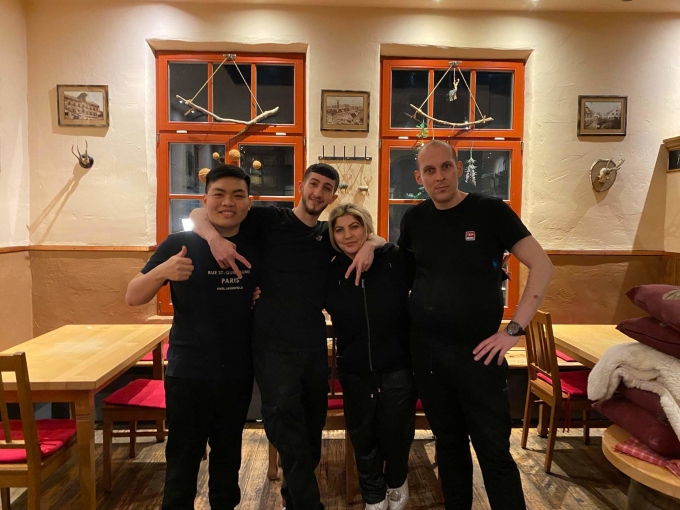
Hoai Vu (far left) with friends and colleagues in Germany. Photo: NVCC
According to Vu, compared to the minimum monthly salary of 2,400-2,600 euros, the income of vocational students is quite low. However, this period only lasts two years. When graduating, with a degree, he will be an official employee and receive a much higher salary.
Instead of going around studying abroad to find work opportunities in Germany like Vu, in the context of the traditional market losing its appeal, many people also choose countries that cooperate with Vietnam to officially recruit workers such as Russia, Romania, Poland, Hungary... to work.
Mr. Nguyen Duc Nam, Chairman of the Board of Directors of International Manpower Supply and Trade Joint Stock Company (Sona), said that the company's traditional markets are Japan and Korea. However, over the years, the company has sought more contracts in Europe. Because while Japan has age restrictions and complicated procedures for going to Korea, some European countries such as Romania are quite easygoing. Unskilled laborers, with not too high skill requirements, as long as they are of age and in good health, have a chance.
Every year, the company sends 200-300 workers to several European countries. The salary depends on the industry. The cost of sending them cannot be more than one month's salary according to the contract for each year of work, not including language and vocational training fees.
Ms. Nguyen Thi Huong, in charge of recruitment at Traco labor export company in Ho Chi Minh City, said that in the past 2-3 years, workers have tended to want to find work in Europe instead of going to Japan. The reason is that the yen has fallen sharply and the cost of living in Japan is increasing. Meanwhile, many European countries are "thirsty" for human resources, so policies to attract immigrant workers have changed a lot.
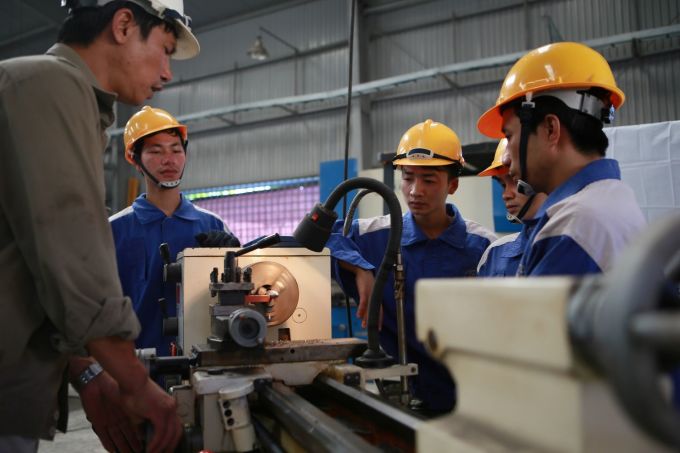
Metal cutting and welding practice class organized by Sona Company for workers going to Lithuania and Romania. Photo: An Phuong
For example, in Germany, to attract skilled workers , the government has created conditions for foreigners to become naturalized after only 5 years, instead of 8 as before. Thus, after 5 years, workers can be considered for permanent residence and sponsor relatives. At the same time, foreigners also enjoy equal working conditions and benefits as locals. As for Vietnam, in January, the two countries' labor ministries signed a Memorandum of Understanding (MOU) in the field of labor and employment, opening up opportunities for cooperation.
According to the Overseas Labor Management Department, a number of Vietnamese enterprises are sending workers to work in more than 10 European countries. Depending on the needs of the host country, workers will do different jobs and have different salaries. Currently, Romania is the country receiving the most Vietnamese workers with about 4,100 people, of which 90% work in the construction and industrial sectors. The lowest salary for unskilled workers is 650 USD per month, and for skilled workers it is 800-1,000 USD. Working hours are 8 hours a day, 5 days a week.
Enterprises in Russia want to recruit factory workers, food processors, industrial machine operators... Average monthly income is 500-700 USD, working hours are 8 hours per day, 22 days per month, overtime is calculated separately. Similarly, Bulgaria, Hungary, Poland also need to recruit skilled general workers in the industrial and agricultural sectors. Basic salary ranges from 500-750 USD per month, depending on the job and not including overtime.
For the European market, most workers are provided with accommodation and travel expenses between their place of residence and work. Round-trip airfare at the beginning and end of the contract is paid by the company. Depending on the country, the contract lasts 2-3 years and can be extended. Travel expenses mainly include service fees and visa fees. Service fees are stipulated to not exceed one month of the employee's salary according to the contract for each year of work.
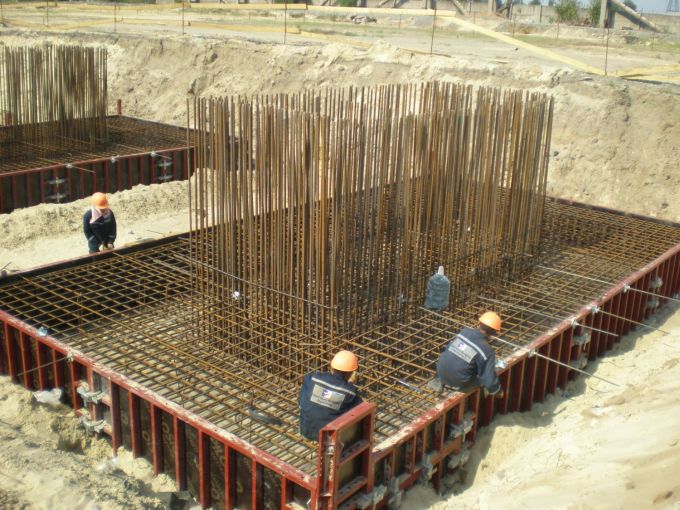
Vietnamese workers working at a Romanian construction site. Photo: Sona
Mr. Nguyen Nhu Tuan, Deputy Head of Information and Propaganda Department, Department of Overseas Labor Management, said that Europe is an attractive destination for Vietnamese workers because of its modern living environment, good income and working conditions, and the ability to stay and work for a long time.
However, when going to Europe to work, workers will face some problems such as: very cold weather, little work in winter, much larger cultural differences compared to the Japanese, Korean, and Taiwanese markets. In addition, Vietnamese people have to compete with workers from other countries in the European region, and workers from developing countries with the same level of skills.
According to the representative of the Overseas Labor Management Department, businesses sending workers to work in Europe are facing a big challenge: workers fleeing to third countries. Therefore, the selection of exported workers must be very strict, with clear constraints. On the contrary, workers who want to go to Europe easily turn to intermediary groups and brokers with the promise of "easy travel, high salary", and are easily deceived.
According to Mr. Tuan, for at least the next 5 years, Japan and Korea will still be Vietnam's major labor export markets. European countries have just begun accepting workers from outside the EU and are cautious, mainly in the testing phase. "Workers who want to go to Europe need to carefully research the recruiting company, and can call the hotline of the Department of Overseas Labor Management to check, to avoid being scammed," said Mr. Tuan.
Le Tuyet
Source link


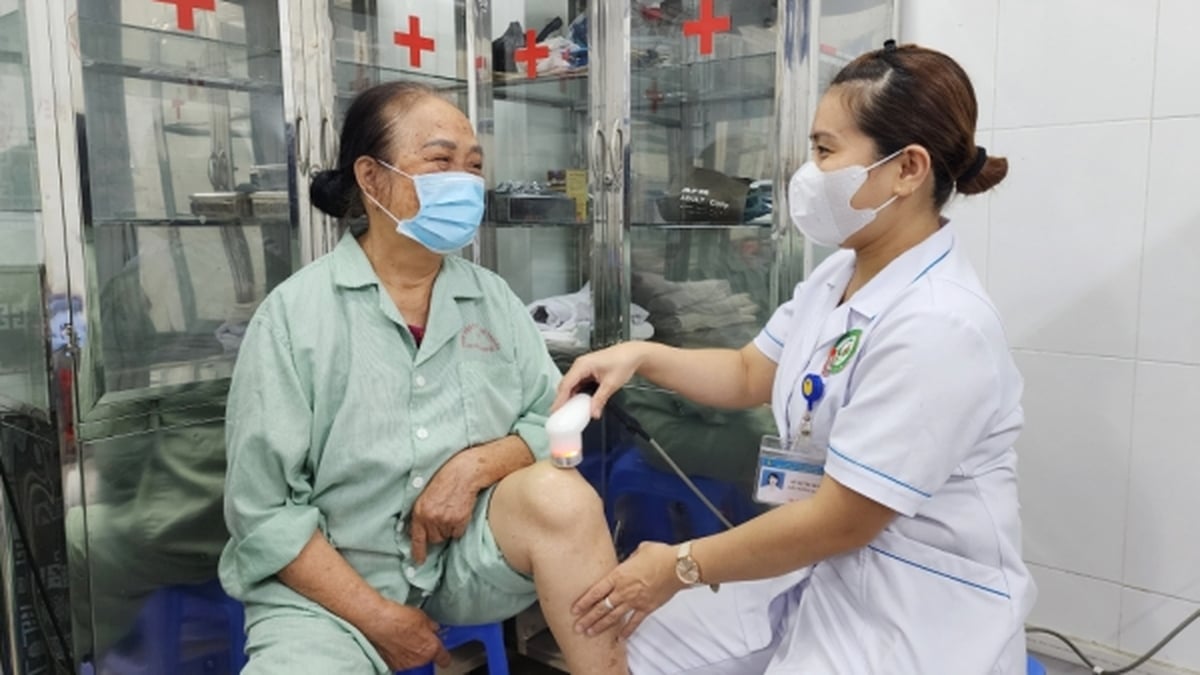



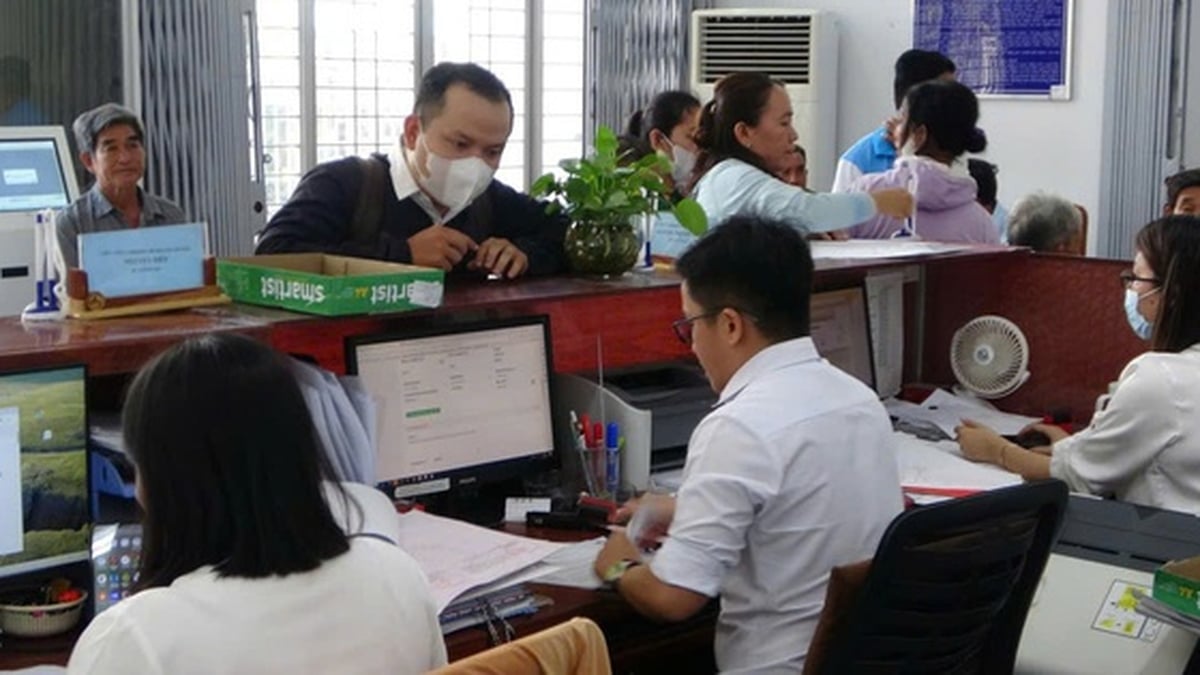

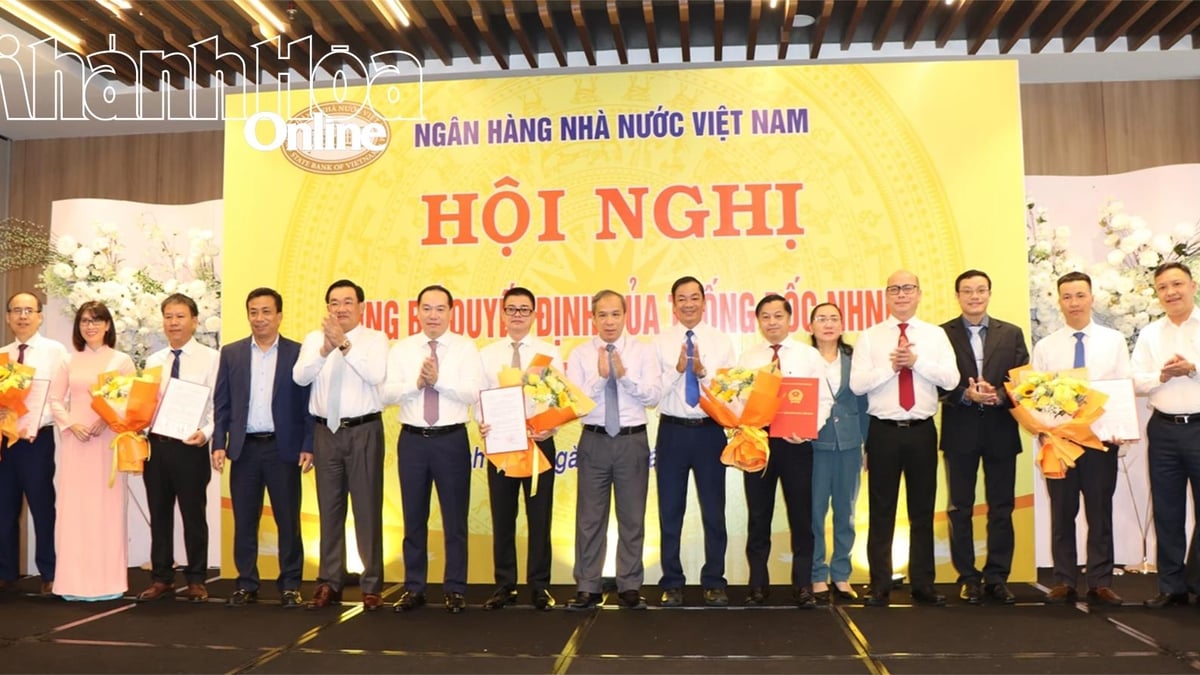
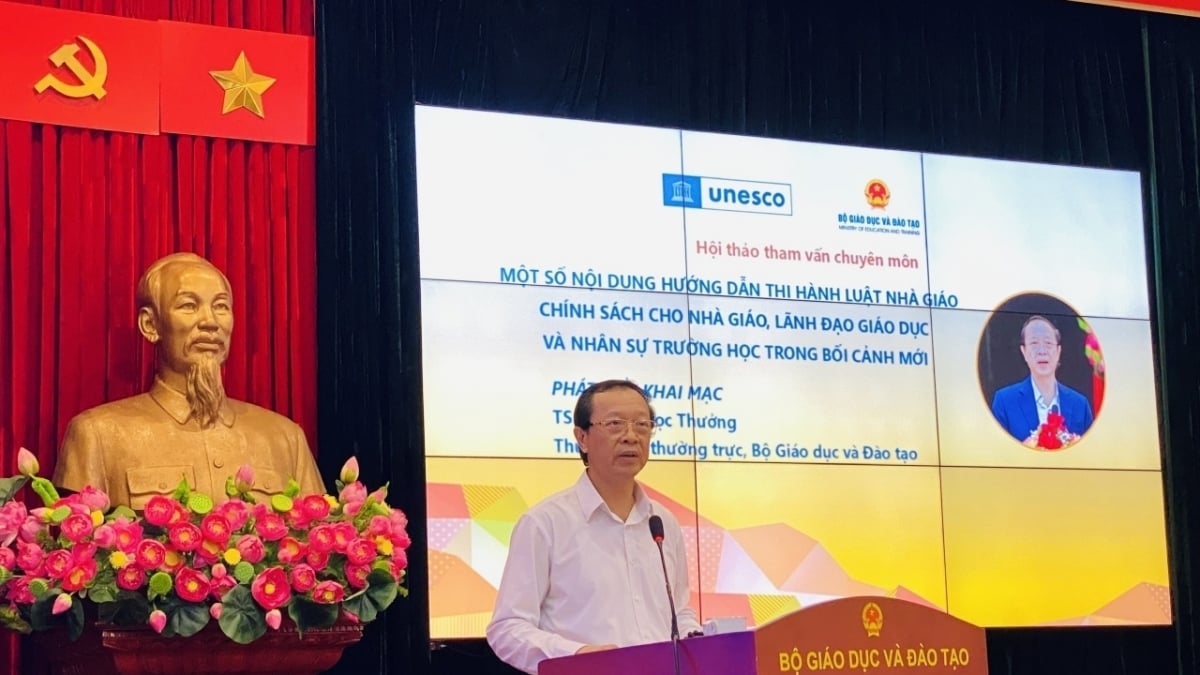
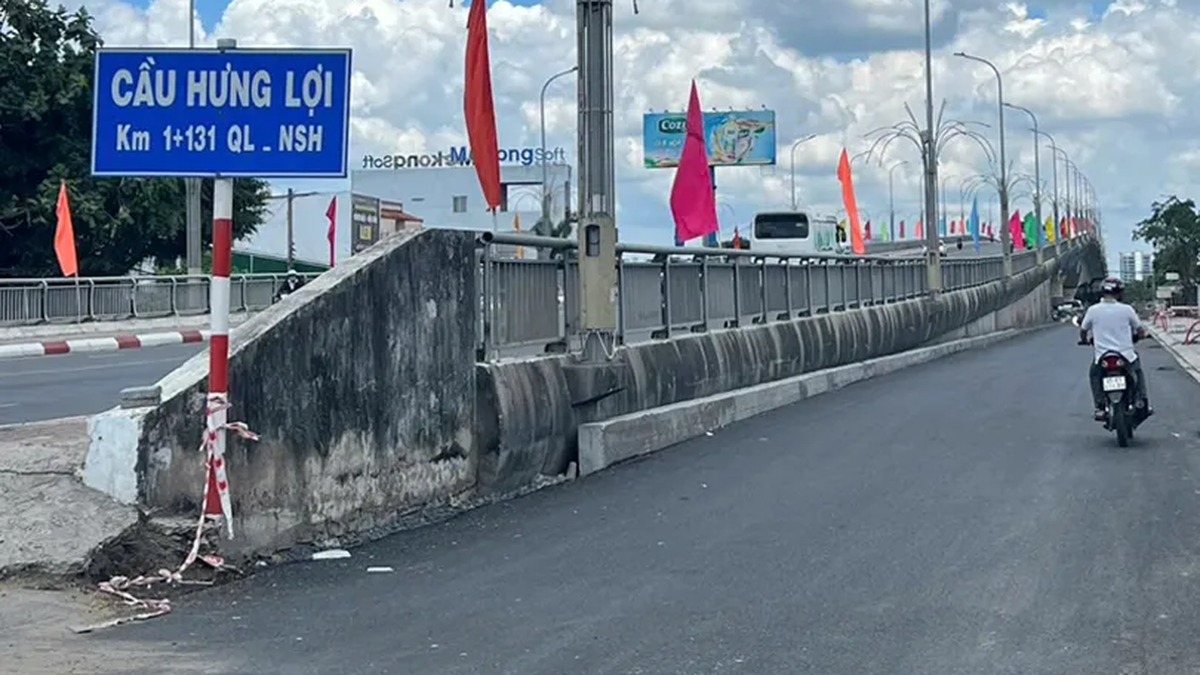
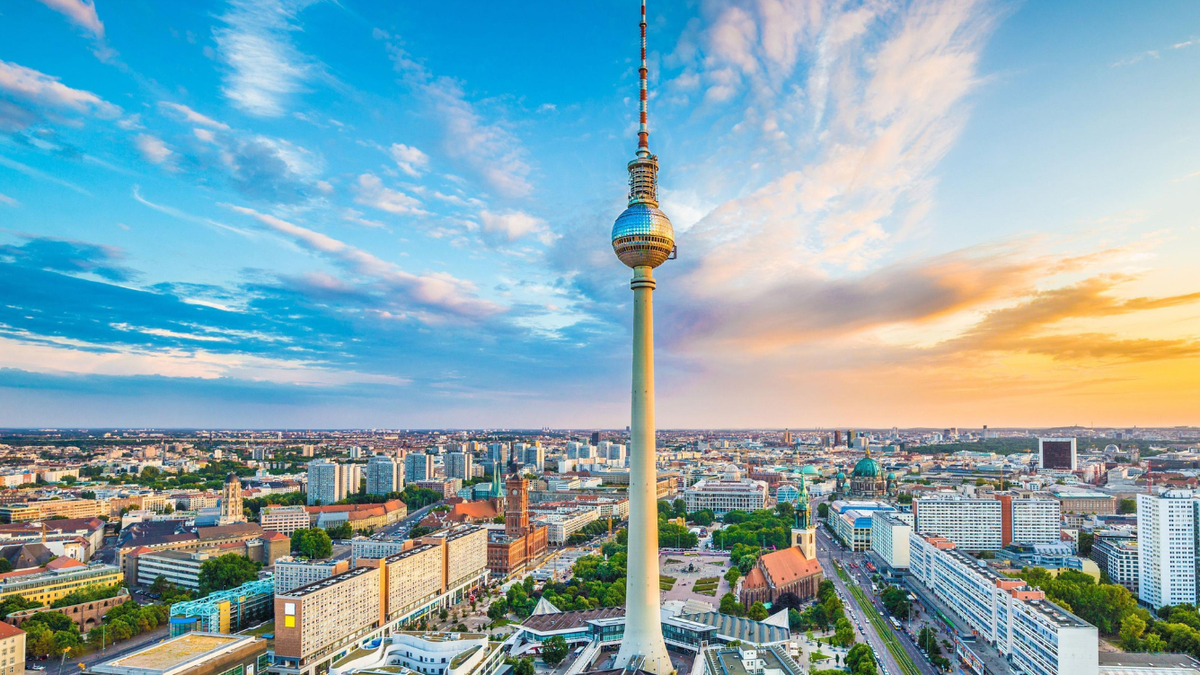












































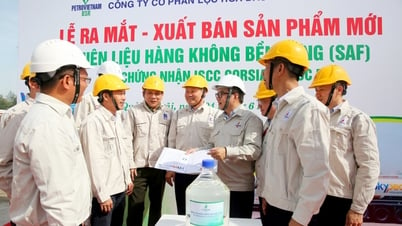





![[Maritime News] More than 80% of global container shipping capacity is in the hands of MSC and major shipping alliances](https://vphoto.vietnam.vn/thumb/402x226/vietnam/resource/IMAGE/2025/7/16/6b4d586c984b4cbf8c5680352b9eaeb0)








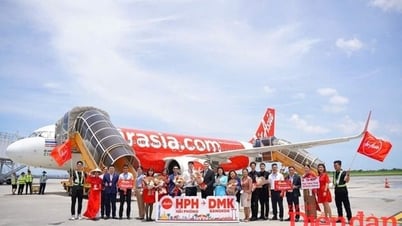

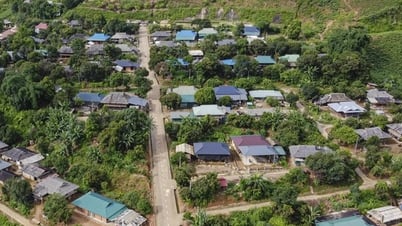



























Comment (0)